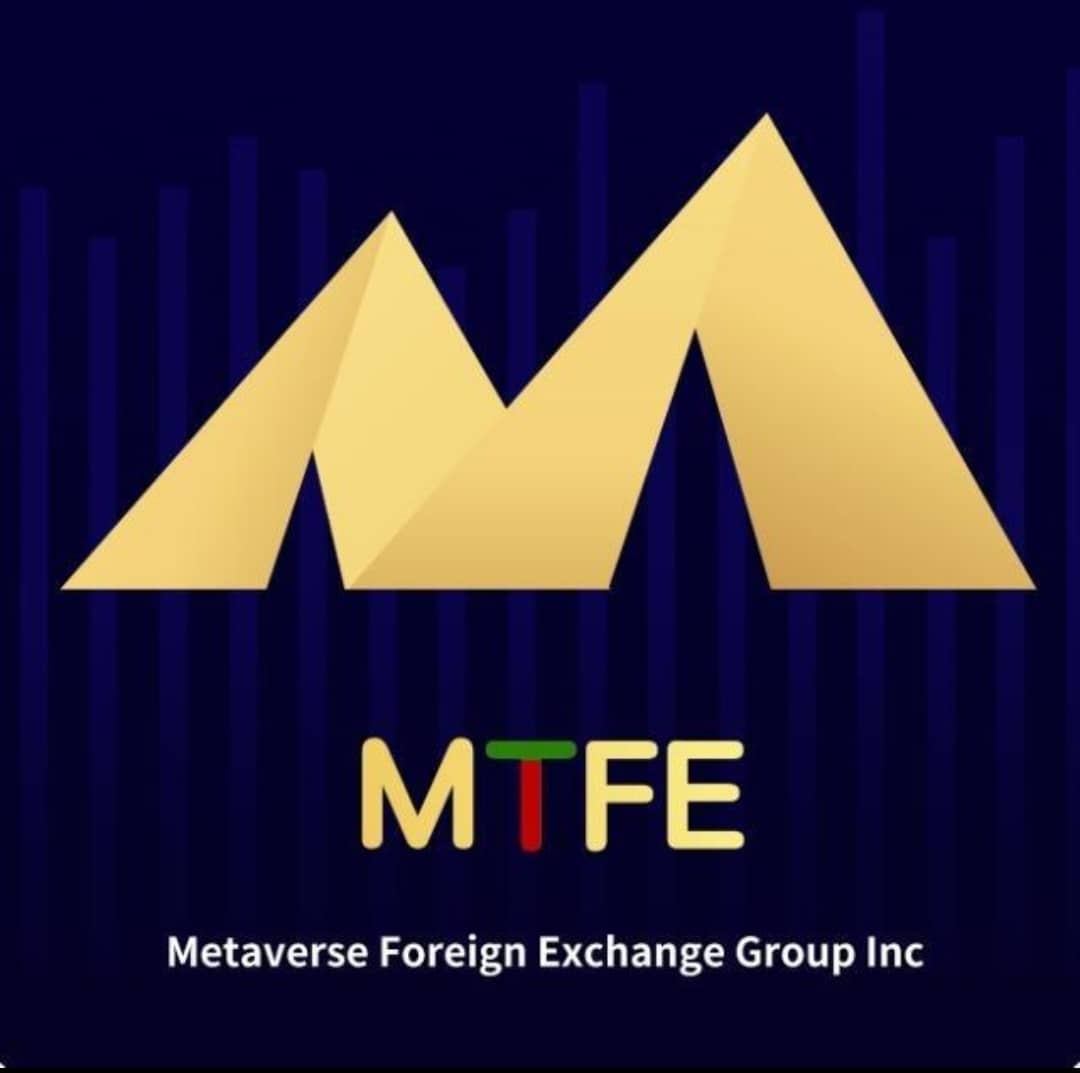WEST AFRICA especially Nigeria, Eastern Europe, and Southeast Asia account for a higher concentration of scam activities across the world, a study published by Social Catfish, a reverse search technology company has revealed.
The report which was titled State of Internet Scams 2023 shows that developed nations like the US are often targeted due to strong economies, technological advancements, global connectivity, and high levels of financial activity.
The report revealed that Tech-savvy teens are falling for online scams at a higher rate than seniors as online scams in the US reached an all-time high in 2022 totalling $10.3 billion in losses – an increase of up to 277 per cent from $2.7 billion recorded five years ago.
According to the report, victims of various scams, such as investment, romance, and cryptocurrency, often face devastating financial losses. The average loss per victim rose from $8,142 in 2021 to $12,859 in 2022. Unfortunately, only 4.2 per cent of the stolen funds were recovered in 2022.
A significant portion of romance scam victims – 81 per cent -, feel too ashamed to report the incidents to authorities. Furthermore, the study estimated that the actual losses from online scams could be closer to $200 billion, as many victims fear coming forward, the report stated.
It further highlighted the emergence of AI-driven scams, such as ‘voice cloning’ and ‘deep fake’ videos, which convincingly impersonate trusted individuals to deceive victims. Scammers are becoming more sophisticated, making it essential for people to stay vigilant against such tactics.
According to the report, the challenges of recovering stolen funds are due to the complexity of international jurisdiction, encryption, anonymisation, lack of cooperation, rapid fund movement, and victims’ hesitancy to report incidents.
The report stated that banks and governments have been working on security measures and raising awareness, but personal vigilance remains the primary defence against online scams.
The report discussed the technology behind scams, including phishing tools, botnets, VoIP, malware, ransomware, and social engineering techniques. It also discusses common types of scams in the crypto sector, such as fake ICOs, fake exchanges, pump-and-dump schemes, investment clubs, and malware/fake app distribution, according to the report.
Additionally, it addresses the rise of AI deepfake video scams, their implications in various contexts, and ways for people to protect themselves against them.
The report also provided ways to avoid AI deep fake and AI voice cloning scams, including being cautious of unsolicited requests, securing personal information, enabling two-factor authentication, staying informed about AI scams, verifying information sources, and reporting suspicious activity.
“Online scams can originate from various parts of the world, and it’s challenging to pinpoint a specific geographical location as the sole source of most scams. Scammers can operate from any country and target victims globally due to the nature of the internet and its borderless nature,” part of the report stated.
The report stated that certain regions, such as West Africa, especially Nigeria, Eastern Europe, and Southeast Asia, have been known to have a higher concentration of online scam activities.
“Nigeria has gained notoriety for being associated with various types of online scams, most notably romance scams, the report stated.
“It’s important to note that these regions should not be seen as the exclusive sources of online scams. Scammers can operate from anywhere in the world, and their tactics and techniques continue to evolve. It’s crucial for individuals to remain vigilant and practice online security measures regardless of the origin of the scams.”
The report strongly warned against giving money to strangers and sharing personal information online. It further recommended using reverse searches to verify identities, recognising red flags, and using password managers as preventive measures.
This report was culled from icrnigeria.org


